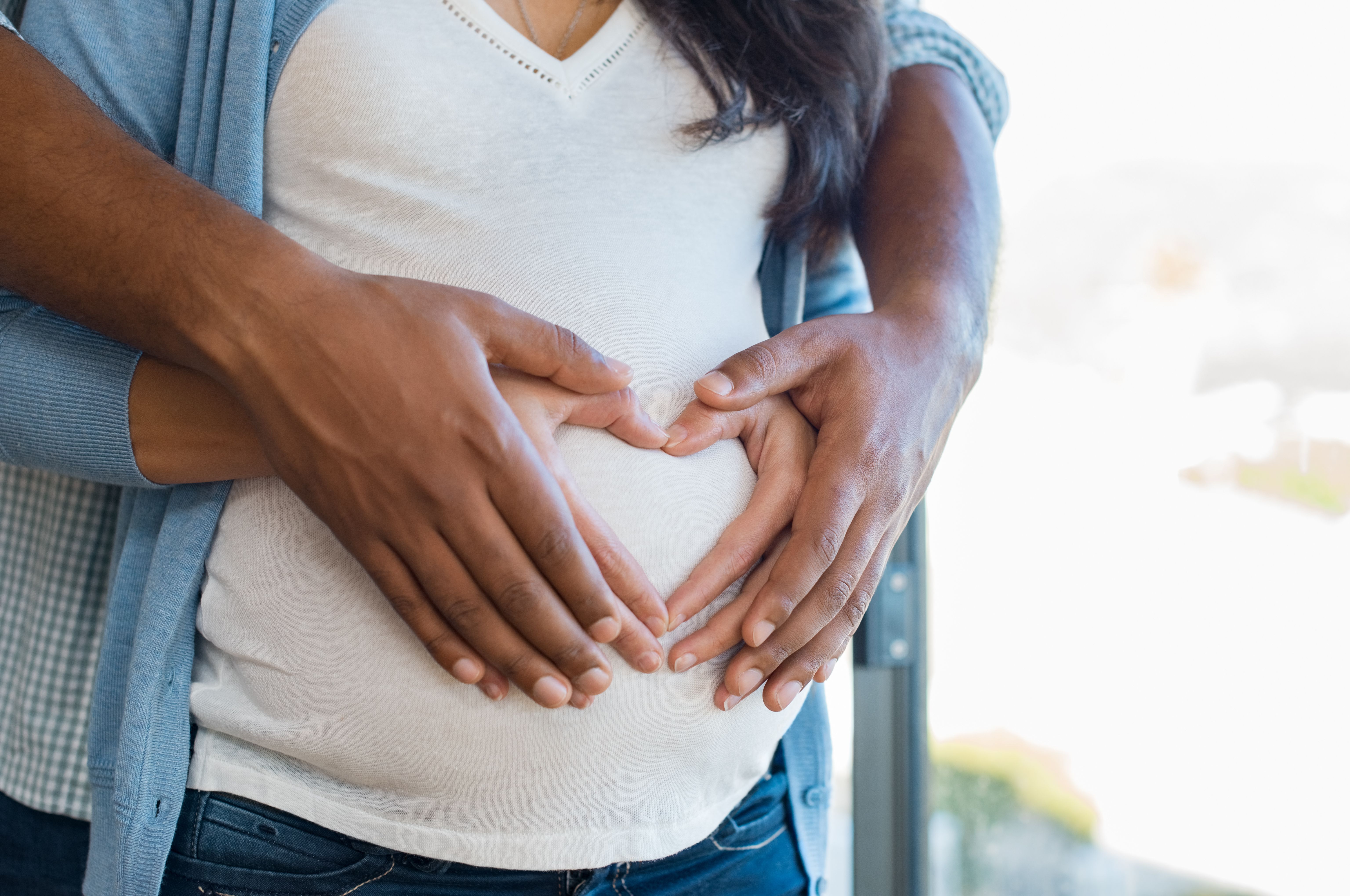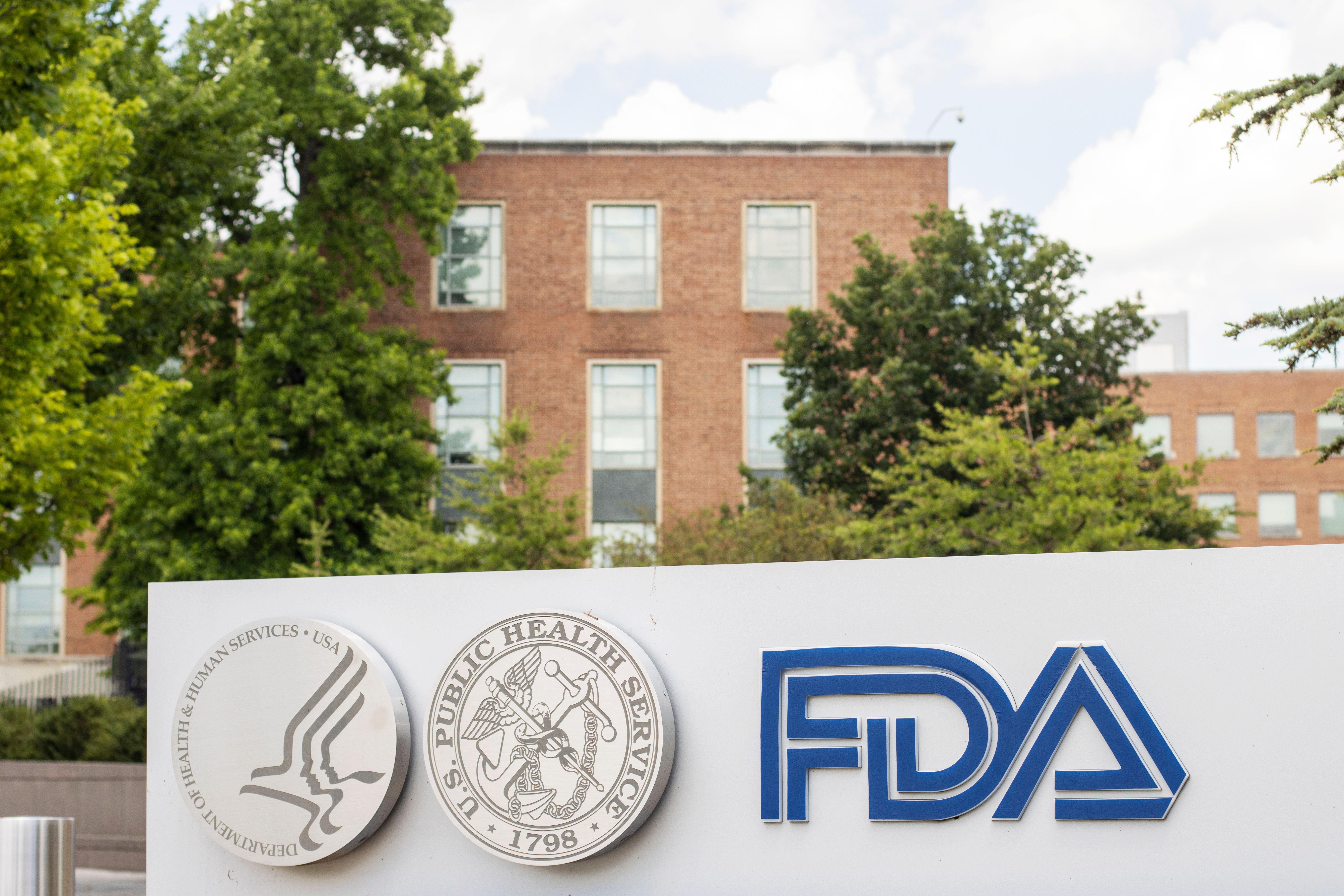- Acne
- Actinic Keratosis
- Aesthetics
- Alopecia
- Atopic Dermatitis
- Buy-and-Bill
- COVID-19
- Case-Based Roundtable
- Chronic Hand Eczema
- Chronic Spontaneous Urticaria
- Drug Watch
- Eczema
- General Dermatology
- Hidradenitis Suppurativa
- Melasma
- NP and PA
- Pediatric Dermatology
- Pigmentary Disorders
- Practice Management
- Precision Medicine and Biologics
- Prurigo Nodularis
- Psoriasis
- Psoriatic Arthritis
- Rare Disease
- Rosacea
- Skin Cancer
- Vitiligo
- Wound Care
Article
Pregnant Women with Skin Conditions May Require Dermatologic Intervention
Author(s):
Pregnant women with atopic dermatitis and psoriasis may require special treatment considerations.
Pregnant women who have dermatologic conditions such as psoriasis or atopic dermatitis may require different treatment options, according to a news release1 from the American Academy of Dermatology (AAD) Annual Meeting.
Rido/AdobeStock

Because pregnancy is known to cause changes in a woman’s skin, and because conditions like psoriasis and atopic dermatitis impact men and women differently, pregnant women may benefit from additional or alternative treatments. In fact, women are more likely to be negatively impacted by these conditions, including being more likely to experience adverse effects such as depression.
“Women may consider their healthcare decisions differently during different stages of their lives,” said Elizabeth Kiracofe, MD, FAAD, in a recent AAD news release. Kiracofe is a practicing dermatologist in Chicago.
Instances such as menopause and decreases in estrogen may also impact women’s skin in a similar way. Prevalent skin concerns may include risk of itchy rashes, flares, dryness, and thinning of skin.
Currently, common atopic dermatitis and psoriasis treatments for pregnant women include lower-strength corticosteroids, moisturizers, and phototherapy. Kiracofe said that current and upcoming research for these conditions is exciting and promising, with the potential for several new medicines to become available for patients.
However, most of these treatments are not approved for use during pregnancy. In fact, some may require discontinuation during pregnancy and the process of family-planning.
"These medicines interfere with signals in the body that are thought to cause inflammation, and therefore are effective in reducing itch and clearing the skin for both eczema and psoriasis,” Kiracofe said. “What is most exciting about these new medicines is they are becoming more precise at targeting the source of the disease and are increasingly safer and more effective for patients.”
Kiracofe recommends patients who are pregnant or plan to become pregnant consult their dermatologist as early as possible.
“The potential for motherhood requires constant vigilance in evaluating medical choices, which is why it’s important for women living with eczema and psoriasis to partner with a board-certified dermatologist,” she said. “It is unfortunate to me how often women think they have to stop all treatment during pregnancy, so I am always happy to share that we actually havea number of options with very good safety data. Pregnancy is hard enough without women also having to deal with an itchy rash.”
Reference
- Treatment options for pregnant women living with eczema and psoriasis. American Academy of Dermatology Association. Published March 17, 2023. Accessed March 22, 2023. https://www.aad.org/news/treatment-pregnant-women-eczema-psoriasis
Newsletter
Like what you’re reading? Subscribe to Dermatology Times for weekly updates on therapies, innovations, and real-world practice tips.











